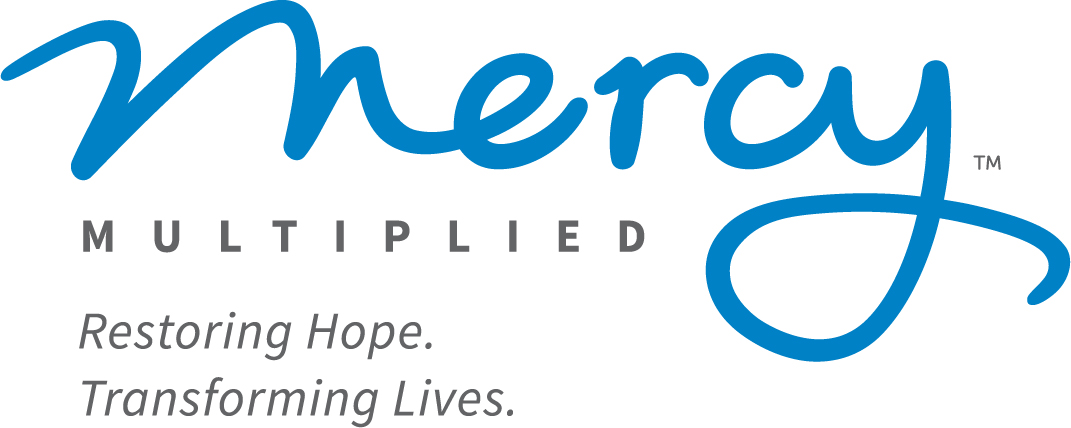The teaching 7 Types of People You Cannot Help (Yet) comes from our Outreach resources. If you are interested in learning more about how to help others through difficult times, register for our next MPower Workshop!
Have you ever had someone in your life you really care about go through something hard, or start to make choices you know are harming them? It can be difficult to know what your role is supposed to be in their life in regard to helping them get the help they need. I know from personal experience that there have been times throughout my life that I took on the weight of a hurting friend or family member, and it didn’t take long before I moved to an unhealthy place myself when change wasn’t happening in their life. The reality was they weren’t ready for help, and by me taking on that false responsibility, it led to a place of anxiety, frustration, and hurt in my own life.
Something I have had to learn is that I cannot want healing and freedom for a person more than they want it for themselves. As someone who has a heart to help others, I have to remind myself that I am not the fixer, Christ is the fixer.
So how can we tell if someone is ready for help, and what is our role if they are not in a place of owning their own struggles?
Identifying people not ready for help (yet):
-
Those who refuse to accept they have a problem
If someone doesn’t think that they have a problem, it is not a problem. From their perspective they do not see there is anything that needs fixing, so you telling them they have a problem could push them away even more. They are not in a place for you to be pouring into their life.
-
Those who think you are the problem
Some people will think that they don’t have a problem. They think their problem is you telling them they have a problem. It doesn’t matter how great of an argument you have; you will not be able to convince them that there is anything wrong with what they are doing.
-
Those who constantly justify wrong decisions
Culturally right now, it’s common for people’s trauma to become their story. It is common for people to become whatever their issue is—whether that’s self-harm, addiction, eating disorder, etc —it has become such a part of their life that it has also become part of their identity. If a person is constantly justifying their behavior based out of the belief of this false identity, they are not in a place to be helped.
-
Those who refuse to accept the scriptural solution to their problem
This does not mean you don’t build relationships with people who don’t want a scriptural solution to their problem, but you can’t give someone a Christian solution to their problem if that is not what they are seeking. You can still pour into them in different ways and get to know their story, but it is not wrong to connect them to someone else who might be better equipped to meet them where they are at.
-
Those who will not invest in themselves at a greater level than you invest in them
You should not be spending more time on someone’s healing than they are spending on their own healing. Meet your friend where they are at, but don’t get ahead of them. Wait for them to get to a point where they are willing to invest the time that it takes to get the results they are looking for.
-
Those who refuse to invest in the time for change
We live in a culture that seeks immediate results. The reality is that it takes time to see lifelong change and lasting freedom. The person you are helping needs to be willing to commit to the time needed to truly heal.
-
Those who consistently choose relationships that harm them and keep them trapped and are not prepared to leave those relationships behind
This one is tough, especially when the harmful relationship is with a close friend or family member. The person you are helping has to be able to discern when a relationship is no longer healthy and be ready to let go of relationships that are harmful.
If reading this you realize the person you want to help falls into one or more of these categories, you might be wondering that your role needs to be.
First and foremost, cover them in prayer. That might sound cliché, but prayer changes things! It will allow you to surrender to the Lord, and remember that as much as you love and care for that person, Jesus’ heart and love for them is even greater. He desires their freedom more than you ever will. He is not just going to drop them—Jesus leaves the ninety-nine to go after the one. Encourage them, listen to them, meet them where they are at, and don’t give up on them. Pray that the person you want to help will be brought into an awareness of their need and know that you do not have to carry the burden of being the only person who cares for them.
I know it’s hard for me to surrender other people’s problems to the Lord because my pride gets in the way. I want to control the process. But then the Lord gently humbles me and reminds me that His heart is bigger than mine will ever be. So while people who fall into one of these seven categories are not ready for your help (yet), God is faithful to be the ultimate helper and healer.
For more helpful resources and teachings checkout our Freedom Series.

